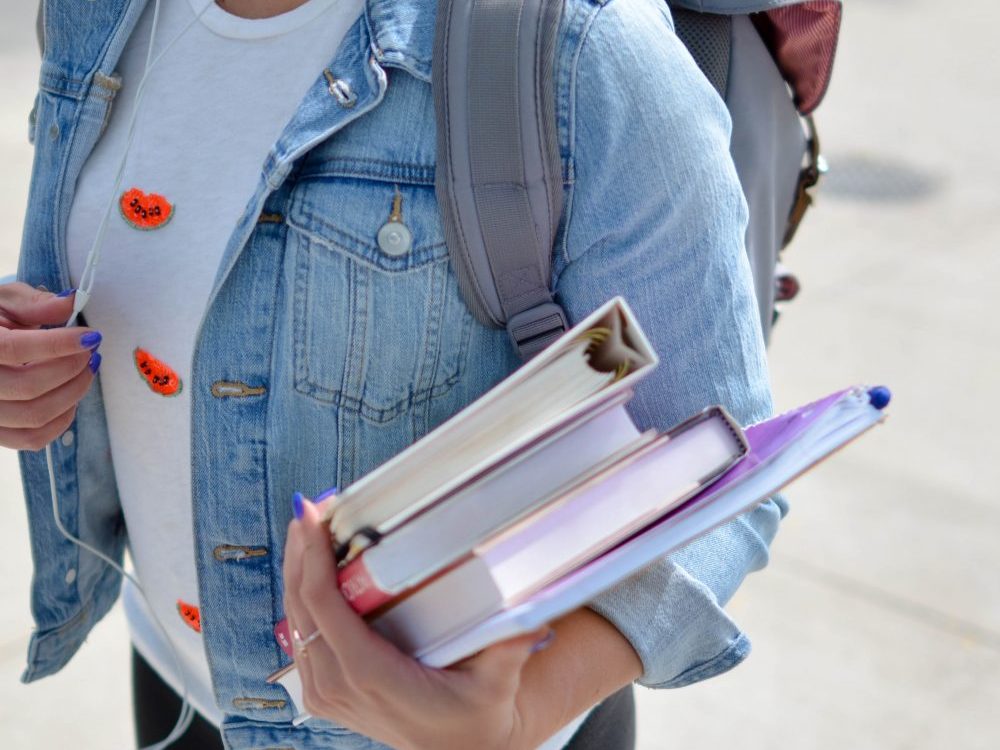Today brings good news for equality in England, as the government has finally maximised its efforts to end period poverty (an umbrella term used to describe the struggle to access sanitary products as a result of financial restrictions). According to The Department of Education, period products will be available and free to access in all English schools and colleges starting from today (19/01/2020). Last year, a government task force was established to tackle this particular problem, and the effort has paid off.
The task force assembled to drive this change was co-managed by Plan International UK, a children’s charity dedicated to diminishing period poverty. In 2017, Plan International released a comprehensive study of period poverty in Britain, showing that one in ten young people have been unable to afford period products at least once. The same study showed that thousands of young people have had to improvise period pads, using everything from socks, t-shirts and toilet paper, to turning their pants inside out and free-bleeding onto them.
For some children, implementing free period products in school, will be the difference between them attending their education or staying home when they are menstruating. Period poverty organisation Free Periods showed their support and excitement for this change, saying “Having access to free period products in school can have a huge impact on a young person’s ability to participate in their education, and so to reach their full potential.”
Despite today’s win (and I do believe in celebrating all progress – big or small), we have a long way to go before period poverty is a thing of the past. People who have periods will experience 450 periods in one lifetime, spending up to five grand on period pads, tampons and other products. Now that this plan to offer period products in schools has been introduced, the number of people in the UK suffering from period poverty will drastically decrease, but homeless people, asylum seekers and refugees are still at high risk.
Access to products aiding period care is a basic human right, and as half the population menstruate, it’s time everyone had access to tampons and pads. Regardless of your income, here are five ways you can help diminish period poverty and make period products accessible for all:
Have More Conversations About Periods
The lack of urgency regarding period poverty from authoritative groups and governments has stemmed from period shame. Though all genders can experience menstruation, it’s viewed by society as an inherently feminine act that’s allusive and confusing, even ‘disgusting’ to men. While this archaic view may seem a thing of the past, it’s just been modernised. People who menstruate experience shame directed from those who don’t every day. Having more open conversations about periods, something activists Gabby Edlin, Tara Costello and Amika George have been vocal about, helps to reduce the shame stigma, and make period care products a priority. If we can encourage everyone to have open conversations about periods, including cis men, we can start to see real change..
Donate Products
Period products being priced at all, let alone taxed as a luxury item, is frustrating – yet it is the reality. The upside is that there is a myriad of companies, agencies and charities you can donate period products to, meaning you’ll help someone more vulnerable to care for their period. Bloody Good Period, a charity founded by Gabby Edlin, (one of Restless Magazine’s charity partners) collects donations of period pads and other health products like deodorant.
Donate Money
If you’re not in a position to donate cash, there are a number of period companies which provide a ‘give back’ scheme, so you can automatically donate by buying products for yourself! Freda, an eco-friendly period subscription service, donates a portion of their profits to organisations working to end period poverty. Hey Girls is a period company offering a new type of organic period pad which is leak-free, and every time you buy a pack, they donate one to a person in need. If you menstruate, you’ll be buying products soon anyway. Why not help out a person in need while you’re at it?
Get Involved with Campaigns
A great way to show your support and make a difference in ending period poverty is by getting directly involved with campaigns and protesting. Period poverty demands political action from those in power, so we have to campaign and spread awareness to catch their attention. Today’s news is fantastic progress but to help ensure the government continues to develop proper policies and practices, we can get involved in campaigning. A great start is joining Amika George’s #FreePeriods campaign, which aims to lift the fight against period poverty to a global level.
I’d like to live in a world where every person, regardless of where they live and their financial situations, can have equal access to period products. Let’s make it happen.









